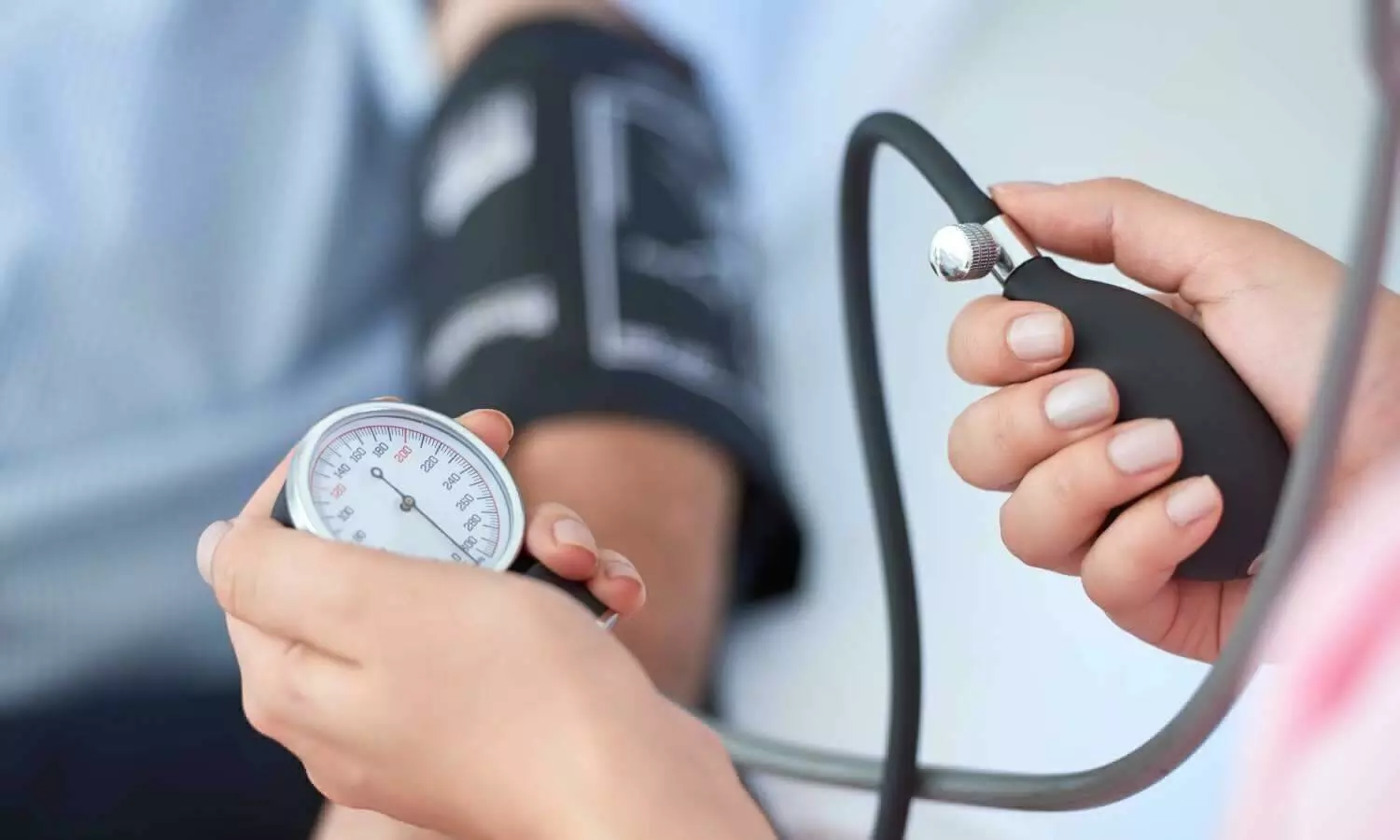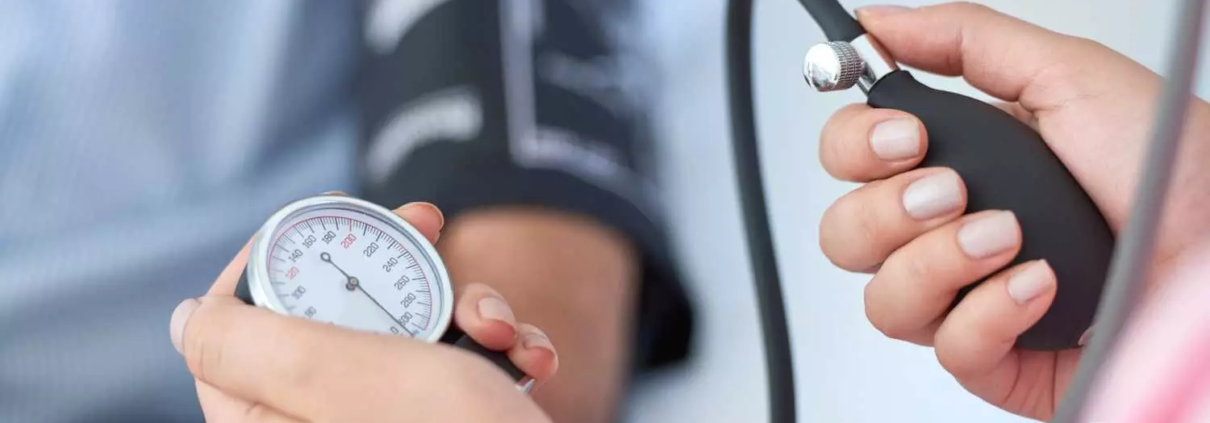Home Self monitoring of BP and dose titration of drugs may improve long term BP control: JAMA

Researchers in a recent study have found that patient empowerment through self-management strategies can be effective in controlling chronic diseases like diabetes, but its application in managing hypertension has been limited. Researchers have long recognized the importance of patient involvement in managing chronic diseases as a means to improve treatment outcomes and overall health. This study was published in JAMA Network Open by Martínez-Ibáñez P. and colleagues.
While strategies such as pharmacologic self-management have been widely used for conditions like diabetes, their application in hypertension management has been relatively limited. Hypertension, a major risk factor for cardiovascular diseases, requires effective long-term management to reduce associated morbidity and mortality. However, despite the availability of pharmacological treatments, many patients struggle to achieve and maintain target blood pressure levels.
The ADAMPA study sought to address this gap by investigating the effectiveness of a self-management approach for hypertension control. Conducted in Valencia, Spain, the study enrolled patients aged 40 or older with poorly controlled hypertension, as evidenced by elevated systolic and/or diastolic blood pressure levels. Participants were randomized into two groups: one receiving standard care and the other receiving individualized self-management instructions, including self-monitoring of blood pressure and self-titration of antihypertensive medication.
The key findings of the study were:
-
Out of the 312 patients initially enrolled in the main trial, data on blood pressure measurements at the 24-month mark were available for 219 patients, with 111 in the intervention group and 108 in the control group.
-
The average age of the participants was 64.3 years, with a standard deviation of 10.1 years.
-
Among them, 120 patients, accounting for 54.8% of the cohort, were female.
-
The mean systolic blood pressure (SBP) at baseline was 155.6 mm Hg, with a standard deviation of 13.1 mm Hg, while the mean diastolic blood pressure (DBP) was 90.8 mm Hg, with a standard deviation of 7.7 mm Hg.
-
The median follow-up duration was 23.8 months, with an interquartile range (IQR) of 19.8 to 24.5 months.
-
At the end of the follow-up period, the adjusted mean difference (AMD) in SBP between the intervention and control groups was -3.4 mm Hg, with a 95% confidence interval (CI) ranging from -4.7 to -2.1 mm Hg (P < .001).
-
Similarly, the AMD in DBP was -2.5 mm Hg, with a 95% CI ranging from -3.5 to -1.6 mm Hg (P < .001).
-
Subgroup analysis for the primary outcome yielded consistent results across different patient characteristics, confirming the robustness of the main findings.
-
Additionally, sensitivity analyses further supported the reliability of the study’s results.
The implications of these findings are significant for both patients and healthcare providers. By empowering patients to take an active role in managing their hypertension, self-management interventions offer a promising avenue for improving treatment outcomes and reducing the risk of cardiovascular events. Importantly, the study demonstrated that self-monitoring of blood pressure and medication adjustment can be effectively implemented in primary care settings without increasing healthcare utilization or adverse events. This suggests that self-management interventions are not only clinically effective but also feasible and safe for routine clinical practice.
In conclusion, the ADAMPA study provides compelling evidence supporting the long-term effectiveness of self-management interventions for hypertension control. By integrating self-monitoring of blood pressure and self-titration of medication into routine care, healthcare providers can empower patients to actively participate in their treatment and improve their overall health outcomes.
Reference:
Martínez-Ibáñez, P., Marco-Moreno, I., García-Sempere, A., Peiró, S., Martínez-Ibáñez, L., Barreira-Franch, I., Bellot-Pujalte, L., Avelino-Hidalgo, E., Escrig-Veses, M., Bóveda-García, M., Calleja-del-Ser, M., Robles-Cabaniñas, C., Hurtado, I., Rodríguez-Bernal, C. L., Giménez-Loreiro, M., Sanfélix-Gimeno, G., Sanfélix-Genovés, J., Abad Carrasco, J., Agudo Escagüés, M. V., … ADAMPA Research Group. (2024). Long-term effect of home Blood Pressure self-monitoring plus medication self-titration for patients with hypertension: A secondary analysis of the ADAMPA randomized clinical trial. JAMA Network Open, 7(5), e2410063. https://doi.org/10.1001/jamanetworkopen.2024.10063



